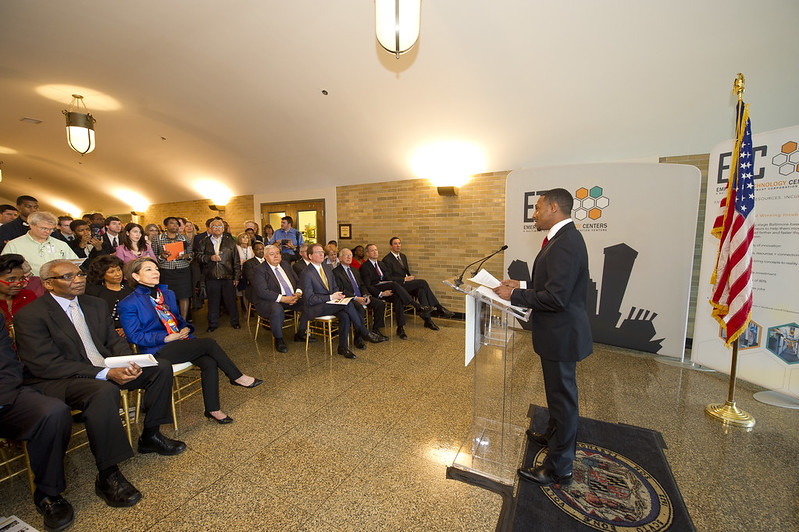Maryland in the spring brings the return of Baltimore Orioles baseball to Camden Yards and the blossoming of the black-eyed Susans in time for the running of the Preakness Stakes.
Maryland this summer could bring about the arrival of moneylines, points spreads and parlays. Approval was given to Maryland sports betting by voters across the state during the recent U.S. election. If all goes well, legalized and regulated sports betting could be available in the Old Line State sometime in the summer of 2021.
Earlier this year, the state legislature unanimously voted 47-0 to pass a comprehensive framework for sports betting. Following that, state lawmakers asked Maryland voters via referendum on the 2020 election ballot to vote yes or no on whether they wanted the state to legalize betting on sports.
Voters overwhelmingly approved the measure by more than a 2-1 margin. The yes voters accounted for 68.8 percent of all ballots cast (1,867,310). No drew just 32.2 percent of the ballots cast (920,524).
The clear benefactor from the implementation of sports betting in the state will be the Maryand education system. Based on the legislation that was approved by the Maryland General Assembly, the vast majority of the state’s proceeds from sports betting would go toward education. That this money would go toward education was a stipulation of the question that was posed to voters via referendum.
“It’s very important in this age of COVID, where the economy is still suffering, that any additional revenue we can get from sports betting will be helpful in helping to close the budget gap around education,” Sen. Craig Zucker, a Montgomery County Democrat who sponsored sports betting legislation, told CBS Baltimore.
Estimates are that sports betting in the state of Maryland will generate an amount between $20 million and $40 million per year.
What’s Next For Maryland?
While state voters have given legislators a green light to proceed with the development and implementation of legal sports betting, there’s still much work to be done before bettors will be laying wagers on the Orioles or the NFL’s Baltimore Ravens via a Maryland sports betting site.
There’s much detail for the Maryland General Assembly to work out prior to any sports betting parlors being open within the state’s boundaries. The state must determine how many licenses will be awarded and which groups will get those licences. How sports betting will be taxed and what sports will be available for wagering are other issues to be determined.
Zucker points out that the mandate from the voters was the most pressing question in need of an answer, and that answer has been delivered.
“What else is included and how those bets are made, that’s to be determined,” Zucker said. “I think the biggest obstacle that we were facing was: Do Marylanders approve it or not? And I think there was a resounding yes.”
Both Maryland casinos and Maryland racetracks are lining up to bid on available sports betting licenses. Dan Snyder, owner of the NFL’s Washington Football Team, is also pursuing a sports betting license. Looking to build a new stadium for his team, Snyder is seeking to play off Maryland and Virginia, which also recently legalized sports betting, against each other. He’s looking to include a sports betting parlor inside his new stadium, and whichever state is the first to sign off on this plan might just win the battle to be the site of the team’s new home.
“If the bill is very streamlined, straightforward, sports betting for the casinos, and let’s say horse tracks as well, they can get up and running very quickly,” Gordon Medenica, director of the Maryland Lottery and Gaming Control Agency, told WBAL-TV. “In fact, most of those entities have contractual relationships with a number of major sports betting providers.”
Going Online
Some U.S. states have opted for only in-person wagering upon legalizing sports betting but Maryland isn’t going to be among that group.
“I can’t imagine a scenario where the state wouldn’t allow it online,” Zucker said.
State officials anticipate that as much as 80 percent of all wagers in the state will be made either online or via a mobile device.






Recent Comments